Hunting a Facebook Impersonator
Daniel Ryan - 29th August 2022
At The Society for Science Based Healthcare we believe that public health measures in New Zealand should have a clear basis in science and evidence, and we work to counter misinformation in New Zealand. Over the years, our complaints had made many a few people unhappy, especially people from alternative medicine organisations. We’ve had people throw insults at us, rant against us, call us racists, personally target us on social media and threaten us with a lawsuit, all because we asked: “where is the evidence?”.
On the 5th of December 2017, the Society for Science Based Healthcare (SBH) was notified about a new Facebook page called the “NZ Society for Science Based Healthcare” (NZSSBH). We already had a Facebook page and group, so this was not something that any of our members had created.
The Incorporated Societies Register showed they were not a real society. After reading through the contents of the Facebook page, it became clear that someone had decided to impersonate and parody our real Facebook page. The wording used in several places was similar, and the logo was a blatant attempt to copy ours (ours is on the left, and the fake version is on the right):
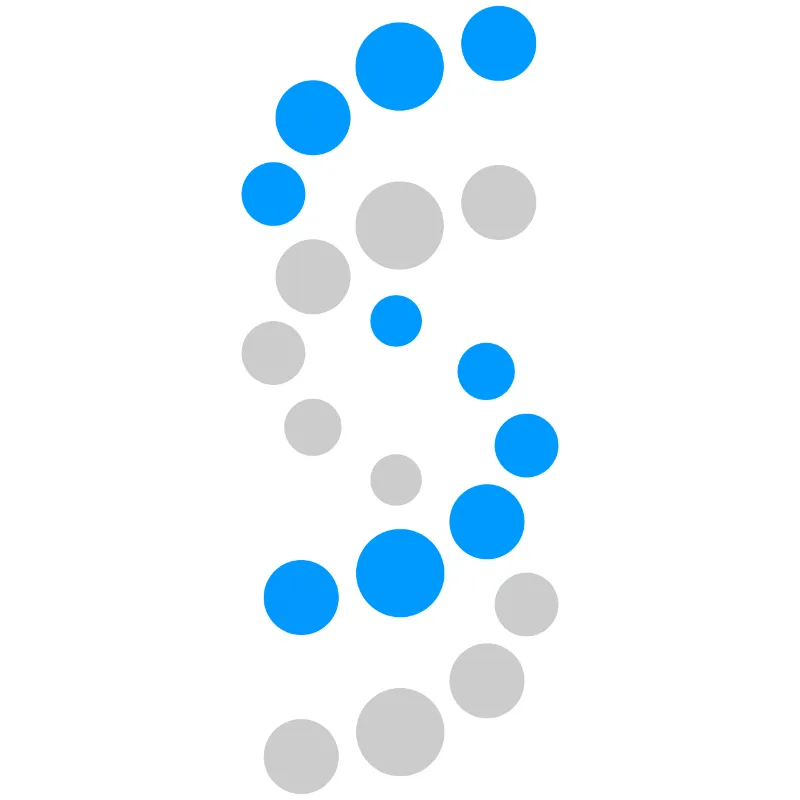
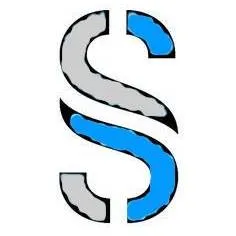
Curiously, this new page had been created a day after a paper I had written, “Acupuncture, ACC and the Medicines Act”, was published in the New Zealand Medical Journal (NZMJ) and reported on by the NZ media. My paper looked at acupuncture websites in New Zealand that were making serious claims potentially in breach of Section 58 of the Medicines Act. Acupuncturists were unhappy with the paper and the publicity it was getting, and there were some angry words from acupuncturists in the comments section of online articles about the paper.
The timing likely meant that an acupuncturist had created the fake page. Despite several members of SBH reporting the fake page to Facebook, it wasn’t removed. All we managed to get Facebook to remove was a photo on the page that used the Nazi SS (Schutzstaffel) symbol. Ultimately, we manually blocked the fake page from posting on our Society’s page and left it at that.
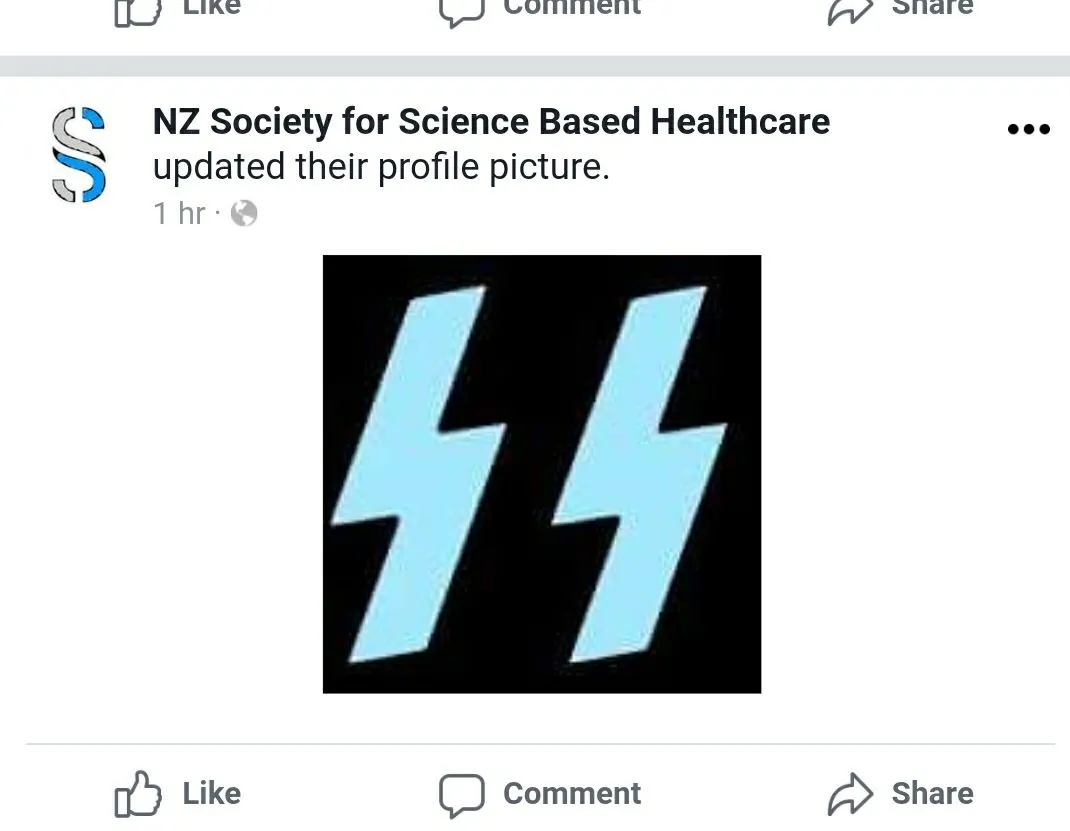
Fast forward to 2020 - the NZSSBH page Facebook identity started posting comments on the Stuff Facebook page, helping people by giving them “scientific” advice. A post on their page was attacking an article on Stuff called “Why is public money going into homeopathy courses?” by Jonathon Harper. They were disparaging about our Society, called themselves the real society, and targeted me personally.
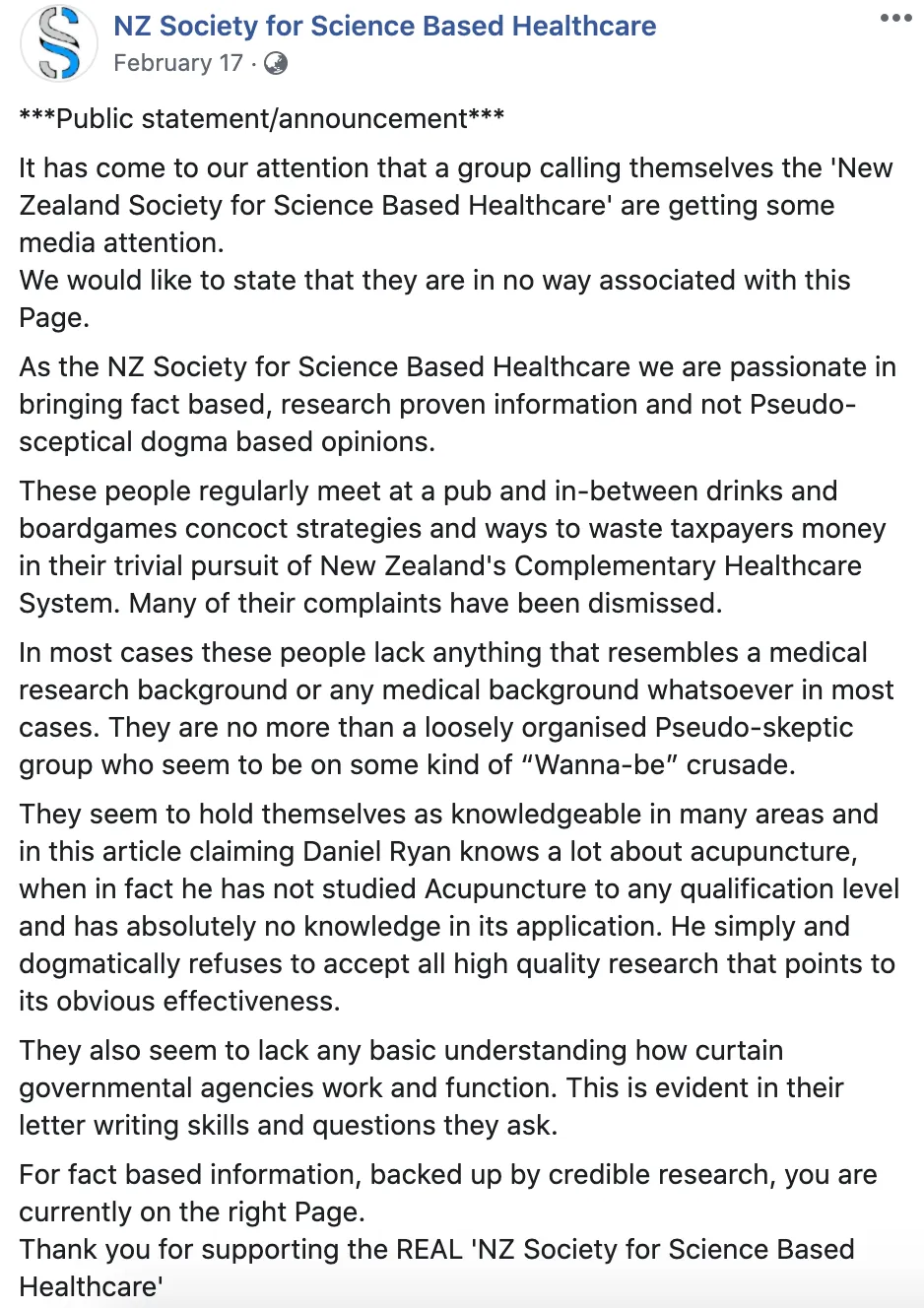
Reading back over the fake account’s posts, it appeared that for several years they had been busy posting pro acupuncture and homoeopathy articles, two subjects that our society sees as mostly pseudoscience. Over this time, their page likes had climbed to 55. I noticed that most of NZSSBH’s posts were liked or commented on by New Zealand acupuncturists.
What piqued my interest was the idea that someone could still be so mad about our Society, after all these years, that they were continuing to actively run a copycat page. It was an exciting enough mystery that I decided to try to uncover the identity of the person or people behind the fake page.
This isn’t the first time I’ve tried to figure out who’s behind a fake internet account, so I put my previous experience to good use. I started building up a list of people who had reason to dislike the Society for our stance on acupuncture, beginning with those who had directly attacked me or critiqued my acupuncture paper. I narrowed that list down to two likely acupuncturists who had reason to dislike our work.
The first likely contender had co-authored a reply to my paper that was published in the NZMJ. In May 2016, I made an Advertising Standards Authority (ASA) complaint against this acupuncturist’s website, pointing out the strong claims they were making about the efficacy of acupuncture. My complaint was upheld, but the acupuncturist appealed. After some back and forth in the appeal process, I won (the ASA outcome doc was 40+ pages long!), and the original complaint stood - in the main. Unfortunately, the acupuncturist didn’t like this and argued that the ASA doesn’t have the necessary experience to evaluate the evidence for or against acupuncture. At this point, the ASA involved a lawyer. In August 2016, the appeal decision was recalled for a review of the evidence, and the ASA contracted a third party to write up the review. In March 2017, the ASA wrote only a short summary, “given the cost of further review, and acknowledging the possibility the results might not be conclusive”. After this, the parts of my complaint that stood were relatively weak. The fallout was that the ASA did not allow anyone to complain about acupuncture advertising until February 2018.
The second likely candidate was the other co-author of the reply to my paper to the NZMJ. On June the 24th of 2016, Mark Honeychurch and I met with this person, who represented the regulatory body Acupuncture NZ, when we attended a meeting with ACC to talk about their acupuncture funding. Also in attendance was Léonie Walker, PhD, a lecturer from NZSATCM (The New Zealand School of Acupuncture and Traditional Chinese Medicine). We had been given no prior warning that she would be present. We tried to have the discussion we wanted, which was a fact-finding mission to try to find out more about ACC’s funding of acupuncture. But the acupuncturists had no interest in our questions, and I felt their dislike towards me. One of them even asked, “What gives you the right to keep complaining to Acupuncture NZ about acupuncturists”, which was a response to several complaints we’d submitted about acupuncturists who were in obvious breach of Acupuncture NZ’s rules. They said that they considered our complaints vexatious and that if we continued to submit complaints to the regulatory board about errant acupuncturists, they would have no choice but to ignore us. The idea of a regulatory body’s response to legitimate complaints being to ignore the complainant is somewhat worrying!
I started logging down all of our impersonator’s posts, recording their creation dates and times. Assuming the person lived in New Zealand, posting times were usually in the morning and sometimes just after lunch - and this made it likely they were local. This makes sense, given that we’re a New Zealand-based society focusing on local medical pseudoscience.
I noticed that the NZSSBH page never liked their own posts or commented with positive messages or questions about their posts. On Facebook, pages (but not groups) are given an “account” in the name of that page, and all interactions on the page by its admins are done using the page’s account by default. Suppose a Facebook page has more than one admin. In that case, it’s often the case that one admin will accidentally “like” a post another admin has made to the page, without changing their context to their account rather than the page’s account - so a page can end up liking its own post. You’ll probably see this occasionally happen for the NZ Skeptics Facebook page, as several of us committee members are admins of the page.
This liking of their own page never happened for the NZSSBH page’s posts, so either multiple admins were very careful about ensuring they always changed the account to their personal one, or there was just a single admin who was much less likely to click “like” for a post they had created themselves. For comments, Facebook has also added an “Author” tag to see if the admin who wrote the comment is the same admin who created the original post. In all the comments for the NZSSBH page, comments made by the page showed this Author tag, so the same admin who had created the posts was always the one commenting on them.
I saw one post by this rogue Facebook page mentioning us, “oh..say hi to Mark and Daniel for us wont you.” which seemed like this person probably knew us.
I noted down which posts were copied or shared from elsewhere, rather than being their own creation. Where possible, I also checked the original posts from which the text was copied to see who liked, commented on or shared them. I noted down any people I recognised, and spotted that both of my likely candidates and the NZSSBH page liked some of these same posts. I felt I was going down the right track.
In the past, I’ve tracked down people’s identities by Google, searching for exact short phrases taken from what they’ve written online. Sometimes only a few words are needed, if the phrase looks obscure enough. The trick is to search for the words in Google in quotes - this matches the exact phrase, rather than just finding a page that contains all the individual words in the phrase somewhere on the page. Often people will have a turn of phrase where they will repeat some of what they say on other websites or social media pages, or may even copy and paste outright what they’ve said elsewhere online to save time. A search on Google will often show other places online where the exact words have been said, and with luck, there is a profile or account connected to the text.
However, this technique failed to find any matching results in this case. This could mean that the person is not very active writing on the internet - they may not be on the internet much, or may read a lot of internet material but not write very often (something that many people do, and which has been termed “lurking”). It might also mean that they’re posting in places that aren’t indexed by search engines like Google - private forums, hidden Facebook groups and the like.
On closer inspection of the text written by the impersonator, I noticed that the text had some unique characteristics.
- Words had hyphens that don’t normally have one - “wanna-be”, “miss-report”, “pseudo-skeptics”
- Question marks and exclamation marks would come after one space, rather than directly after a word - “its best !”, “Well done ! Shared”, “dogmatic skeptic ?”
- Many exclamation marks and question marks were often posted at once - “Evidence based medicine ???”, “Evidence based medicine !!!!”, “High level science right here !!!!!”
Looking at my two likely candidates’ Facebook profiles, neither showed any of these unique characteristics. It was the same with the other profiles I had found that had liked and shared the same content. I had hit a dead end.
Now I was back at the beginning. I had ruled out all of my prime suspects. I was down… but not defeated. Scanning more of the original posts that the NZSSBH page had shared, I looked for other people who had possible links to these posts. On my list of shared posts, I noticed a New Zealand acupuncturist’s page that had shared the same post not long before the NZSSBH page had posted it. The page was called “Kim Chenery Acupuncturist - Hastings” (KCAH). I was ready to discount this account, as I had never heard of the acupuncturist before. I searched through past Advertising Standards complaints, in case this was someone we had complained about in the past - there was nothing. I asked my colleagues at the Society for Science Based Healthcare, but nobody had heard of Kim. He is a registered member of Acupuncture NZ. I looked for a personal Facebook profile for Kim, but either he doesn’t have one, or he is a very private person and his account is locked down tightly enough that it doesn’t appear in searches. That would at least explain why my unique phrase searching didn’t find anything useful.
However, although I couldn’t find a personal account for Kim, I did have access to his business’s Facebook page. Scrolling down through the page, I immediately started to notice some of the quirks I had documented:
“from an injury ?”, “Are you in pain ?”, “Try Acupuncture !”, “WOW !”, “Electro-Acupuncture”, “side-effects”, “toxin-A” “Yes it is !!!”, “But there is Acupuncture !!!!!!”.
These quirks closely match the writing style I’d seen used by whoever was writing for the imposter’s Facebook page. At this stage, it looks like my money is on this person. But I had to be sure, so I started trying to match Facebook post shares - posts that were shared by both the NZSSBH page and the KCAH page.
It didn’t take me long to find ten Facebook posts that were shared on the “NZ Society for Science Based Healthcare” and the “Kim Chenery Acupuncturist - Hastings” pages. Although two of these posts were shared to the two pages hours or days apart, the other eight posts were all shared to each of the two pages within an hour of each other, with half of them within 5 minutes - two only a minute apart! In total, NZSSBH has shared around 50 posts (removing duplicates) from other pages and websites (as of May 2020), and Kim Chenery has shared 20% of these same posts to his business page.
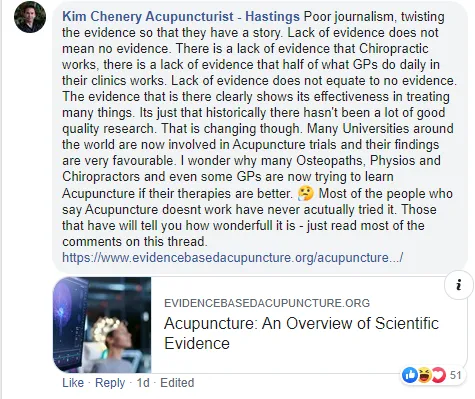
I didn’t know what to do next. Should I talk to Kim and see his side of the story? What did he have against the Society and me? Should I make a complaint to NZ Acupuncture? Knowing their history with SBH, I knew they probably wouldn’t do much if anything about it. I thought the best course of action was to expose this.
So I submitted this story to various media organisations and asked for suggestions on how it should end. After some back and forth with a few, none were ultimately interested in publishing an article about the story. And that was where the story sat. After some time, I realised that I hadn’t seen the NZSSBH page in a while. I tried searching for the page, and nothing showed up. I made sure to use the exact URL. The page was gone! So I searched for KCAH, which was also gone! Did a media organisation contact Kim, and it spooked him, I wonder…
An anticlimactic ending maybe, but at least there’s been a small reduction of misinformation and pseudoscience in New Zealand!